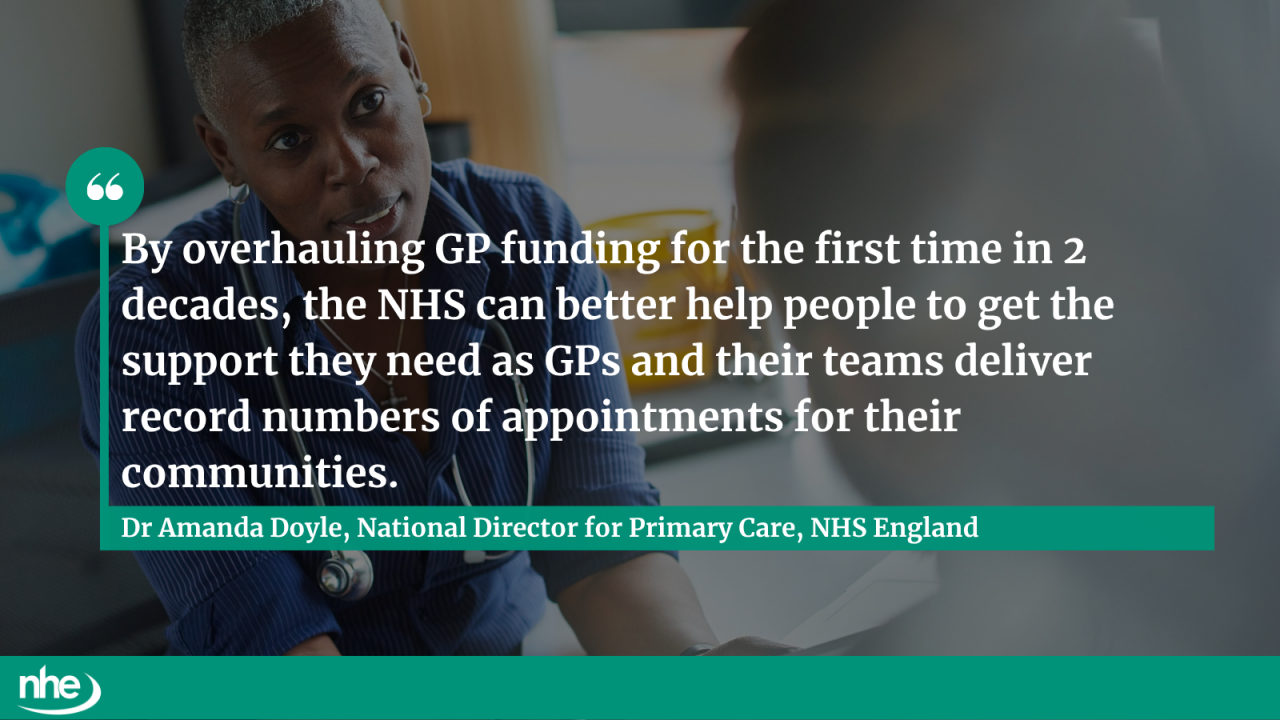The government has launched a significant review of how GP funding is allocated across England, aiming to tackle healthcare inequalities in deprived areas and coastal towns, where access to primary care is often most limited.
The review will assess the outdated Carr-Hill formula, which has been used to distribute GP funding for over two decades. The formula is based on expected workload, but critics argue it fails to reflect the true health needs of communities, particularly in areas with high deprivation, fewer GPs, and longer waiting times.
Recent data shows that GP practices in poorer areas receive almost 10% less funding per patient than more affluent areas, employ fewer GPs, and are more likely to close permanently.
In London, for example, there are 2,501 patients per GP, compared to 1,967 in the South West. The disparity is even greater in the poorest parts of the capital, contributing to lower life expectancy and more years spent in ill health.
The six-month review, led by the National Institute for Health and Care Research, will:
- Propose a new allocation formula based on population need
- Evaluate its feasibility and alignment with the 10 Year Health Plan
- Recommend replacing the Carr-Hill formula to ensure fairer funding
NHS England’s National Director for Primary Care, Dr Amanda Doyle, said:
“It is essential that GP practices serving our most deprived communities, where health challenges are often greatest, receive a fair share of resources that reflect their need.
“By overhauling GP funding for the first time in 2 decades, the NHS can better help people to get the support they need as GPs and their teams deliver record numbers of appointments for their communities.”

The review follows examples like the Leicester, Leicestershire and Rutland ICB, which found significant funding shortfalls in deprived practices when using a needs-based model.
These changes aim to reduce the 8 am scramble, improve access, and ensure patients are seen quickly, regardless of where they live.
The review is a key step in shifting care from hospitals to communities, ensuring every patient has access to high-quality primary care, and helping to close the gap in health outcomes across England.cf
Image credit: iStock



















